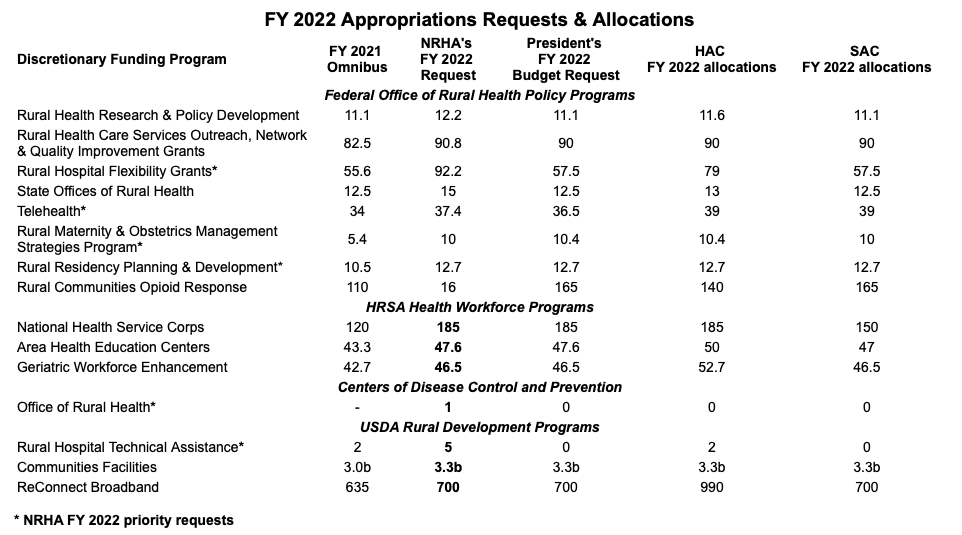The Centers for Disease Control and Prevention (CDC) has announced it has shortened the recommended isolation and quarantine period for people with COVID-19 to five days, if asymptomatic and if persons can wear a mask when around others.
These updates are recommended as the Omicron variant continues to spread throughout the U.S. and reflect the current science on when and for how long a person is most infectious. Emerging information with the Omicron variant demonstrates that the majority of SARS-CoV-2 transmissions occur early in the course of illness, generally in the one to two days prior to the onset of COVID-19 symptoms and the two to three days afterward. The new CDC recommendations for the general population mean that asymptomatic people who test positive may leave isolation five days after testing if they can continue to consistently and correctly mask for five more days to minimize the risk of infecting others. Infected persons who cannot follow mask guidance after five days, for example, young children, need to remain in isolation for 10 days after testing positive.
In addition, CDC is updating the recommended quarantine period for those exposed to COVID-19. For people who are unvaccinated or if they are more than six months past their second dose of mRNA vaccine (Pfizer or Moderna) or more than two months after their Johnson and Johnson vaccine and not yet boosted, CDC now recommends quarantine for five days followed by strict mask use for an additional five days.
If a five-day quarantine for vaccinated, not yet boosted, persons is not feasible, it is imperative that an exposed person wear a well-fitting mask at all times when around others for 10 days after exposure. Individuals who have received their booster shot do not need to quarantine following an exposure, but they should wear a mask for 10 days after the exposure.
For all those exposed, CDC states that best practice would also include a test for SARS-CoV-2 at the fifth day after exposure. If symptoms occur, individuals should immediately quarantine until a negative test confirms their symptoms are not attributable to COVID-19.
Everyone is urged to continue to follow recommendations to be vaccinated and those 16 years of age and above to be boosted to reduce severe disease, hospitalization and death. According to CDC, data from South Africa and the United Kingdom demonstrate that vaccine effectiveness against infection for two doses of an mRNA vaccine is approximately 35 percent. A COVID-19 vaccine booster dose restores vaccine effectiveness against infection to 75 percent.
Vaccination remains the best way to protect yourself and others and to reduce the impact of COVID-19 on our communities in light of recent studies showing that the previously widely available monoclonal antibody treatments are not effective against the Omicron variant.
Definitions of isolation and quarantine are as follows. Isolation relates to behavior after a confirmed infection. Isolation for five days followed by wearing a well-fitting mask will minimize the risk of spreading the virus to others. Quarantine refers to the time following exposure to the virus or close contact with someone known to have COVID-19.
Visit https://msdh.ms.gov/msdhsite/_static/14,0,420.html for more information on COVID-19.
https://www.cdc.gov/media/releases/2021/s1227-isolation-quarantine-guidance.html
12/28/21










